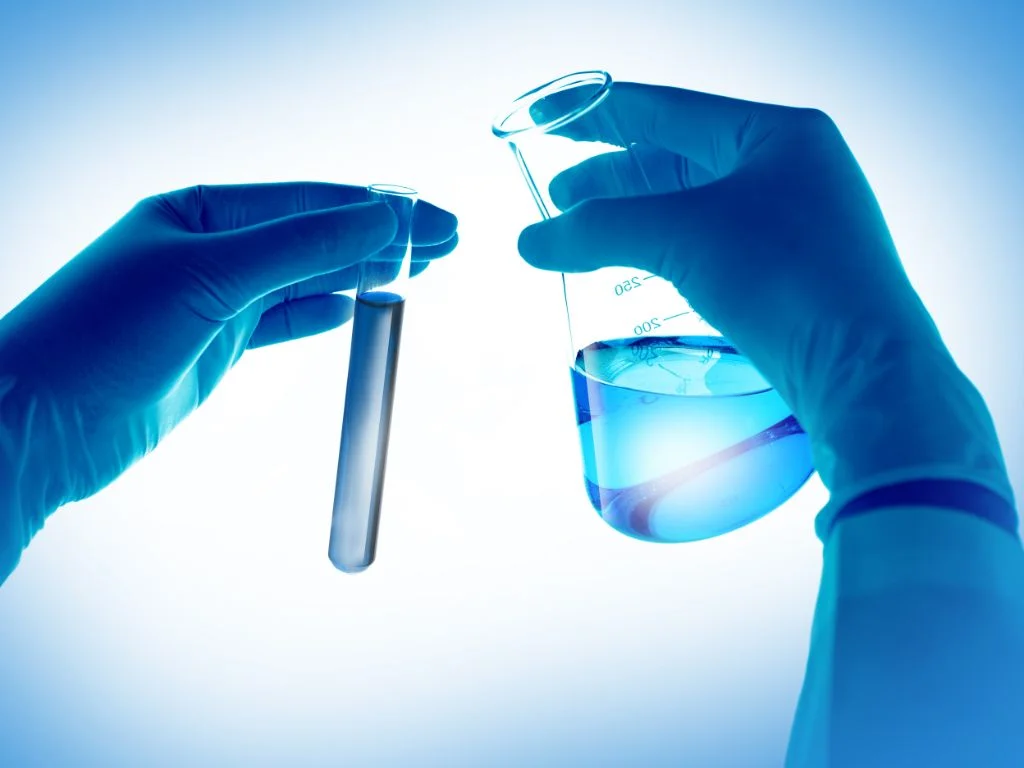

Reference source : Japan MHLW
In a significant step to address environmental concerns, the Japanese Ministry of Health, Labour and Welfare (MHLW), Ministry of Economy, Trade and Industry (METI), and Ministry of Environment (MoE) have jointly issued a consultation, calling for the designation of methoxychlor, dechlorane plus, and UV-328 as Class I Specified Chemical Substances under the Chemical Substance Control Law (CSCL). The consultation was released on 12 December 2023.
Global Context
This announcement follows the Eleventh Meeting of the Conference of the Parties to the Stockholm Convention on Persistent Organic Pollutants, held in Geneva, Switzerland, from 1 May to 12 May 2023. During the conference, these three substances, methoxychlor, dechlorane plus, and UV-328, were added to Annex A of the Convention. The Stockholm Convention is a global treaty that aims to protect human health and the environment from chemicals that are persistent, geographically widespread, bioaccumulative, and harmful to human health or the environment.
Proactive Measures and Restrictions
As a party to the Stockholm Convention, Japan is now ready to take proactive measures to control and eliminate these Persistent Organic Pollutants (POPs). The plan is to prohibit the manufacture and import of methoxychlor, dechlorane plus, and UV-328, starting from the third quarter of 2024, with no plans to establish "essential use" exemptions. This means that the use of these substances in the production of other products will also be strictly prohibited.
Furthermore, Japan will implement import bans on specific products containing dechlorane plus and UV-328, to restrict their entry into the market. The affected product categories include flame retardant additives for resins, silicone rubber, lubricants, adhesives and tapes, as well as components, housings, wires, and cables of electrical and electronic products for dechlorane plus. For UV-328, the import bans will apply to paints and varnishes, lubricants, adhesives, tapes, sealants, and its use as a UV absorber in plastics.
Health and Environmental Effects of the Targeted Chemicals
Dechlorane Plus is a chlorinated flame retardant that is commonly used in electronics and automobiles. Human exposure to Dechlorane Plus has been linked to neurodevelopmental and reproductive disorders. UV-238 is an ultraviolet stabilizer that protects polymers from degradation. It has been associated with adverse liver and kidney effects in animals. Methoxychlor is an organophosphate pesticide that is banned in the United States and the European Union due to its toxicity to aquatic life, persistence, ability to bioaccumulate, and endocrine-disrupting activity.
The public is invited to comment on the proposed measures until 10 January 2024.
If you want to access the GHS report, please Register here in GPC Intelligence Portal click here
